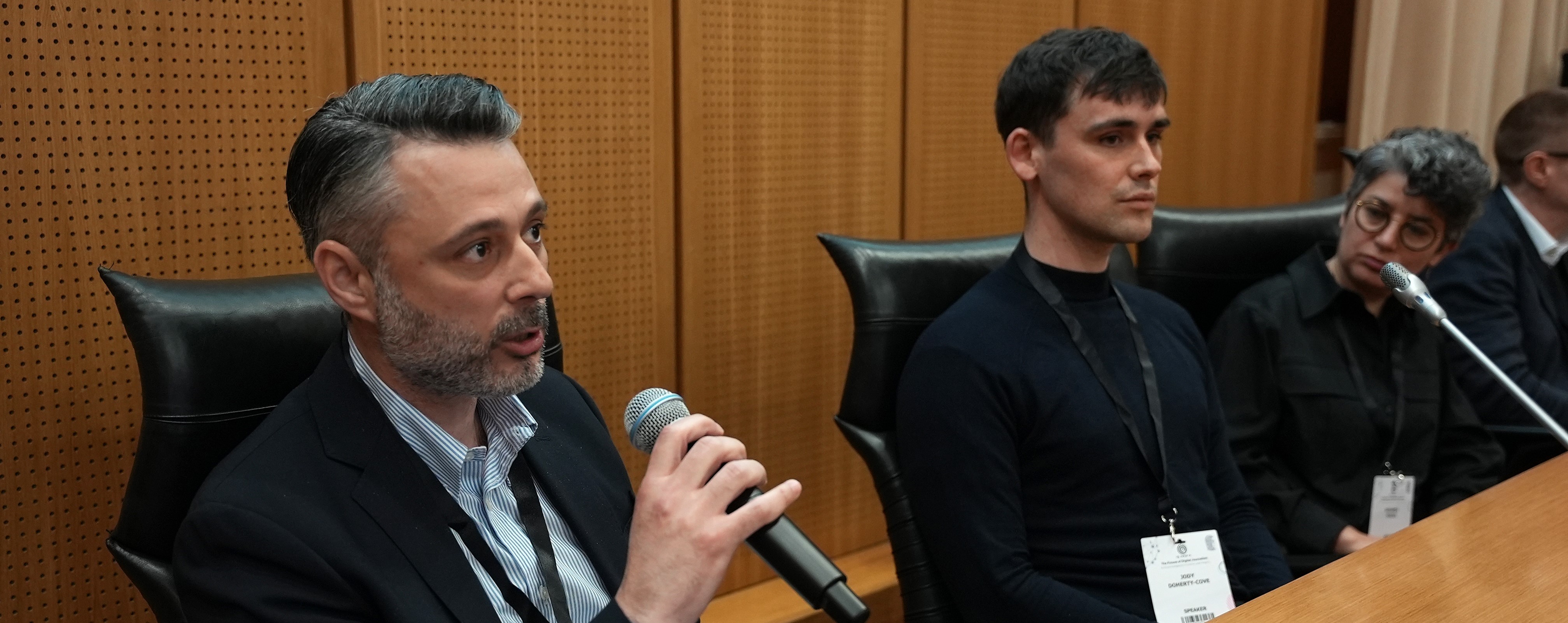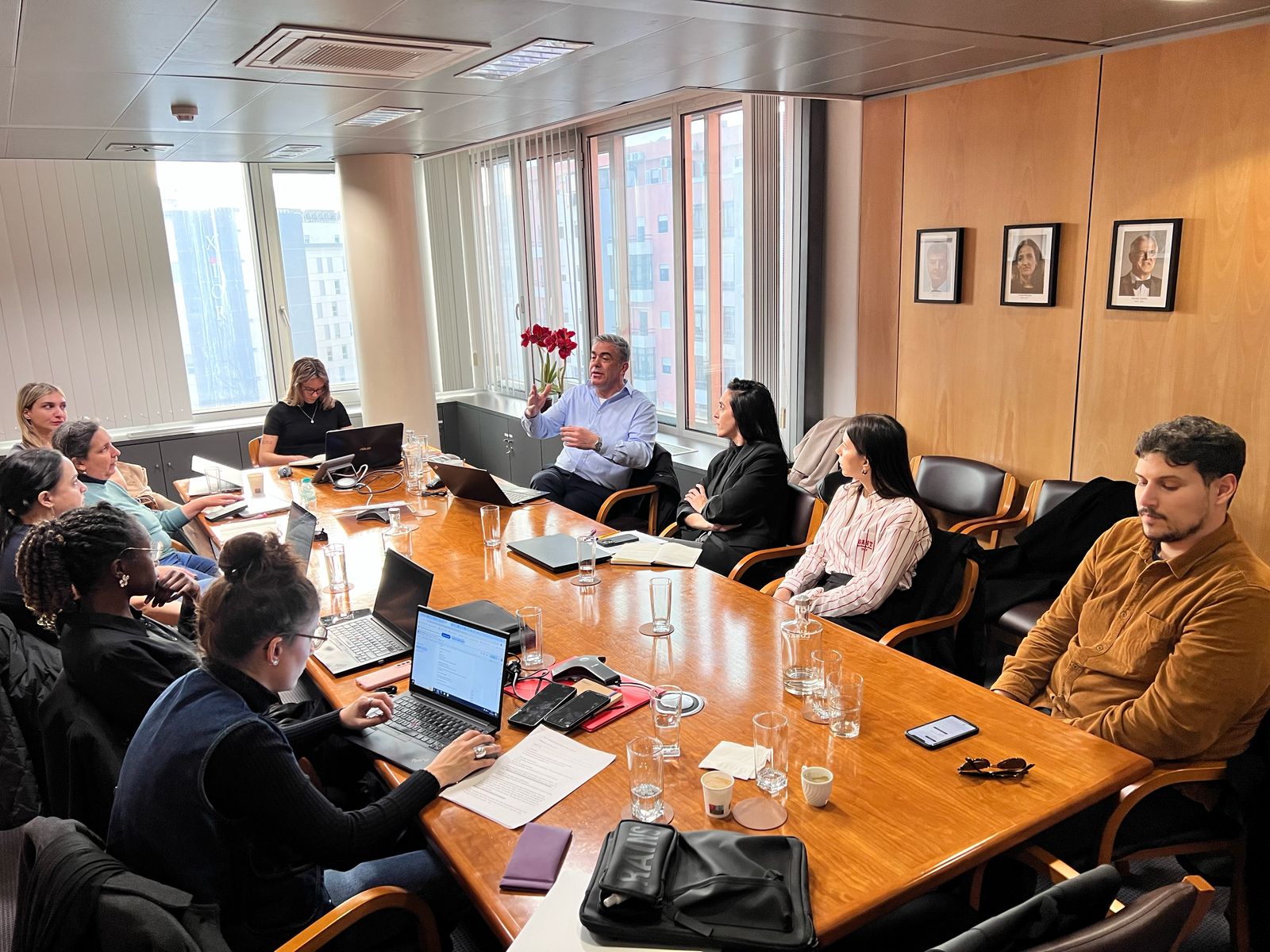
How to use AI to empower newsroom (and not to replace journalists)
This year’s IQ MEDIA Conference, held on April 14–15, 2025, in Athens, Greece, gathered journalists, academics, research scientists and media leaders from across the globe to explore how artificial intelligence is reshaping the future of journalism. A panel discussion was : these newsrooms have made extensive use of AI: how have they done in concrete terms, and what are their results?
💪1. AI as a Tool for Productivity and Quality Journalism
Jody Doherty-Cove (Newsquest) shared how the UK’s largest regional news publisher adopted AI to boost productivity without compromising journalistic quality. Newsquest developed an in-house AI tool that drafts stories from reporters’ notes, enabling the creation of “AI-assisted reporter” roles (36 to date). This freed journalists to focus on impactful stories and contributed to record-breaking page views and a renewed emphasis on high-quality local journalism.
Robin Booth (EMAP) emphasized that AI should not only increase efficiency but also enhance audience engagement and drive editorial profitability. He presented three major initiatives: an AI-powered search tool on Nursing Times boosting subscriptions, a data-driven product for the UK construction industry, and AI-assisted content creation that reduces repetitive tasks. His approach focuses on using AI to empower journalists to deliver unique, high-value reporting.
💡2. Ethics, Transparency, and Editorial Integrity
Lefteris Bidelas (Kathimerini) stressed the importance of transparent and responsible AI use in journalism. Kathimerini’s approach is not to cut costs or replace jobs, but to enhance user experience through four pillars: personalized content recommendations, audio articles voiced by journalists, translation and automation of routine tasks, and reader-rated AI summaries to engage the audience. The editorial integrity of content remains a core focus.
Bahareh Heravi (University of Surrey / BBC) provided a critical and academic perspective on AI ethics in journalism. While she acknowledged the benefits of tools like chatbots, automated translations, and dubbing, she raised concerns about AI-generated voiceovers of public figures. She emphasized the urgent need for clear ethical guidelines and human oversight, particularly as generative AI becomes more sophisticated.
🌐3. Language, Local Adaptation, and Inclusive Adoption
George Saliaris-Fasseas (Alter Ego Media) discussed the challenges of integrating AI in a non-English context, especially given the limitations of tools like ChatGPT in Greek. As Greece’s largest media group, Alter Ego is adopting AI gradually and inclusively. Current applications include AI-powered voice articles (via Wondercraft), research and trend analysis, and A/B testing. George highlighted the need for a culturally sensitive and accessible approach to AI across a large and diverse staff base.
👏Key Takeaways
This panel offered a nuanced and grounded look at how AI is being integrated into newsrooms. From technical implementation to ethical considerations, and from local language barriers to organizational strategy, the speakers agreed on one central point: AI is a tool to empower, not replace journalists. Its success lies in thoughtful, ethical, and user-centered deployment, with transparency and editorial integrity at its core.
✍️ George Niaros (Student at the University of Athens)
📸 Franck Fernandes (Nice-Matin)

